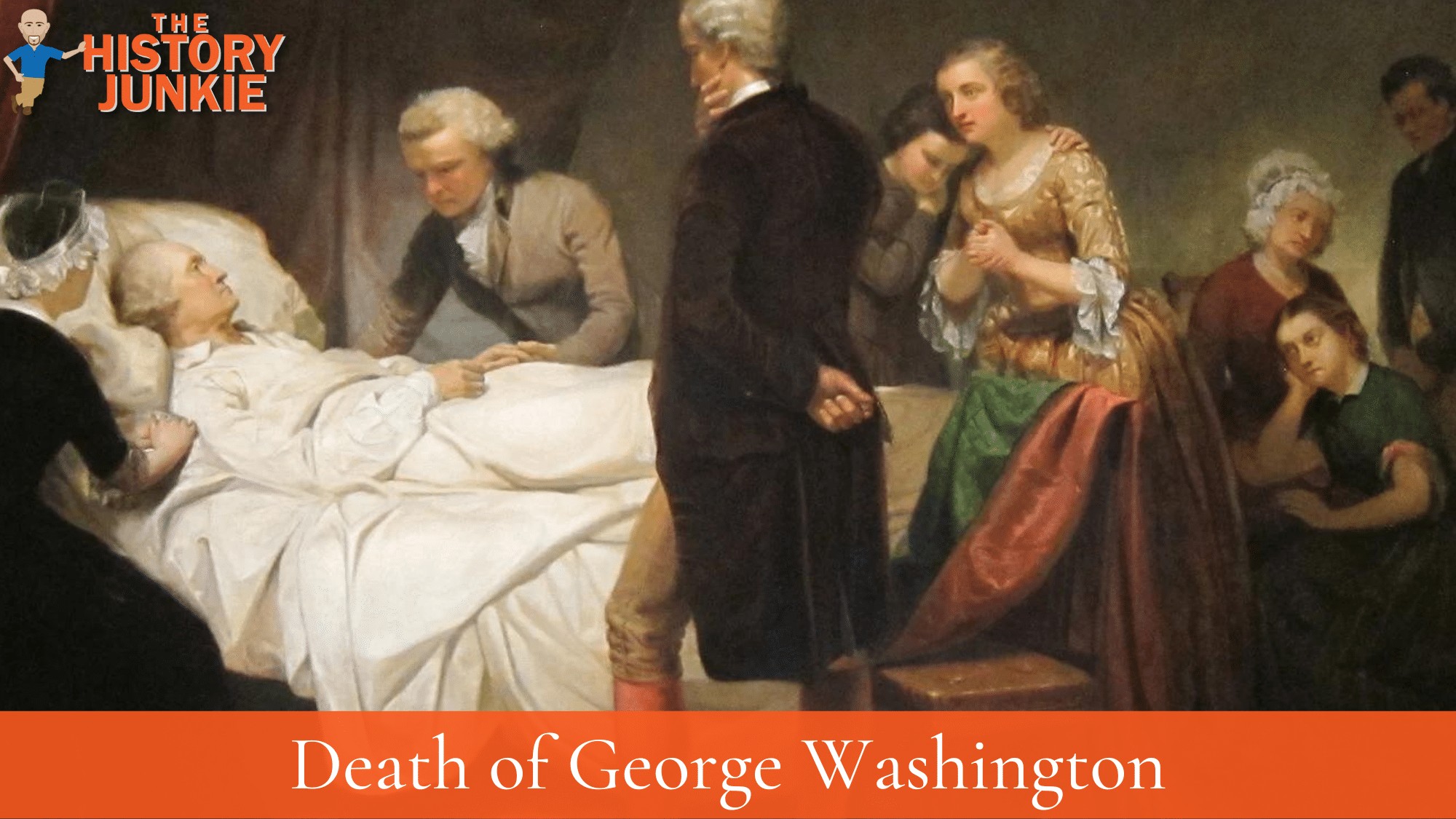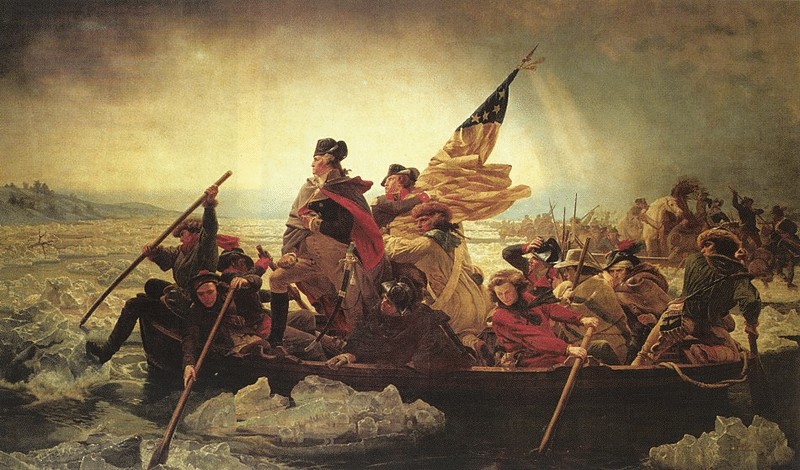George Washington died December 14, 1799, and when the news of his death traveled throughout the infant country, the nation wept.

He was the founder of America and is considered by many to be the greatest President in the history of the United States. He had been with America since it was made up of 13 colonies, served during the French and Indian War and then became the Commander-in-Chief of the Continental Army during the Revolutionary War.
His death was sudden and somewhat not what one would expect for a man who had cheated death so many times.

Here is the account of the last days of George Washington from the Constitution Center:
What we do know is based on contemporary accounts, including those of Tobias Lear, Washington’s secretary. Two days earlier, an apparently healthy Washington rode around his estate at Mount Vernon on a cold, miserable day. According to Lear, Washington decided to stay in his wet clothes so he could be on time for dinner.
That night, Washington woke his wife Martha to say he was feeling very sick and that he could hardly breathe or talk on his own. The former President asked his overseer, Albin Rawlins, to bleed him. Doctors then arrived and bled him four more times over the next eight hours, with a total blood loss of 40 percent.
Washington also gargled with a mixture of molasses, vinegar, and butter; he inhaled a steam of vinegar and hot water, and his throat also was swabbed with a salve and a preparation of dried beetles. An enema was also used. By late afternoon, Washington knew he was dying and asked for his will.
Washington's last words, said Lear, were spoken around 10 p.m. on December 14: “I am just going! Have me decently buried, and do not let my body be put into the vault less than three days after I am dead.” Then, “Do you understand me? . . . Tis well!”
What caused his quick death?
Some will argue that it was bloodletting, which at the time was a common practice. That certainly did not help Washington and perhaps contributed to his death, but it was probably not the direct cause.
I have always heard it was pneumonia, which seems to be likely given his age and that he was probably susceptible to it.
However, there have been many different theories over the years, and all one can do is give the best guess as to what happened.
One of the theories is that George Washington died of diphtheria, which is an acute, highly contagious bacterial disease causing inflammation of the mucous membranes, formation of a false membrane in the throat that hinders breathing and swallowing, and potentially fatal heart and nerve damage by a bacterial toxin in the blood.
A second theory that came later is that George Washington had a severe form of Strep Throat. While this is a common disease in modern times, if left untreated, it could develop into scarlet fever and cause someone in their advanced years to die. They did not have the medicine to alleviate the symptoms we have today.
The most likely cause of his death came from Dr. Howard Markel in 2014, who believes it to be acute bacterial epiglottitis. This terminal illness would explain why Washington died so quickly when he seemed to be healthy just two days prior.
Regardless, if George Washington had lived at a time with the medical advancements that we have now, then he would have lived much longer, barring a tragic accident.
